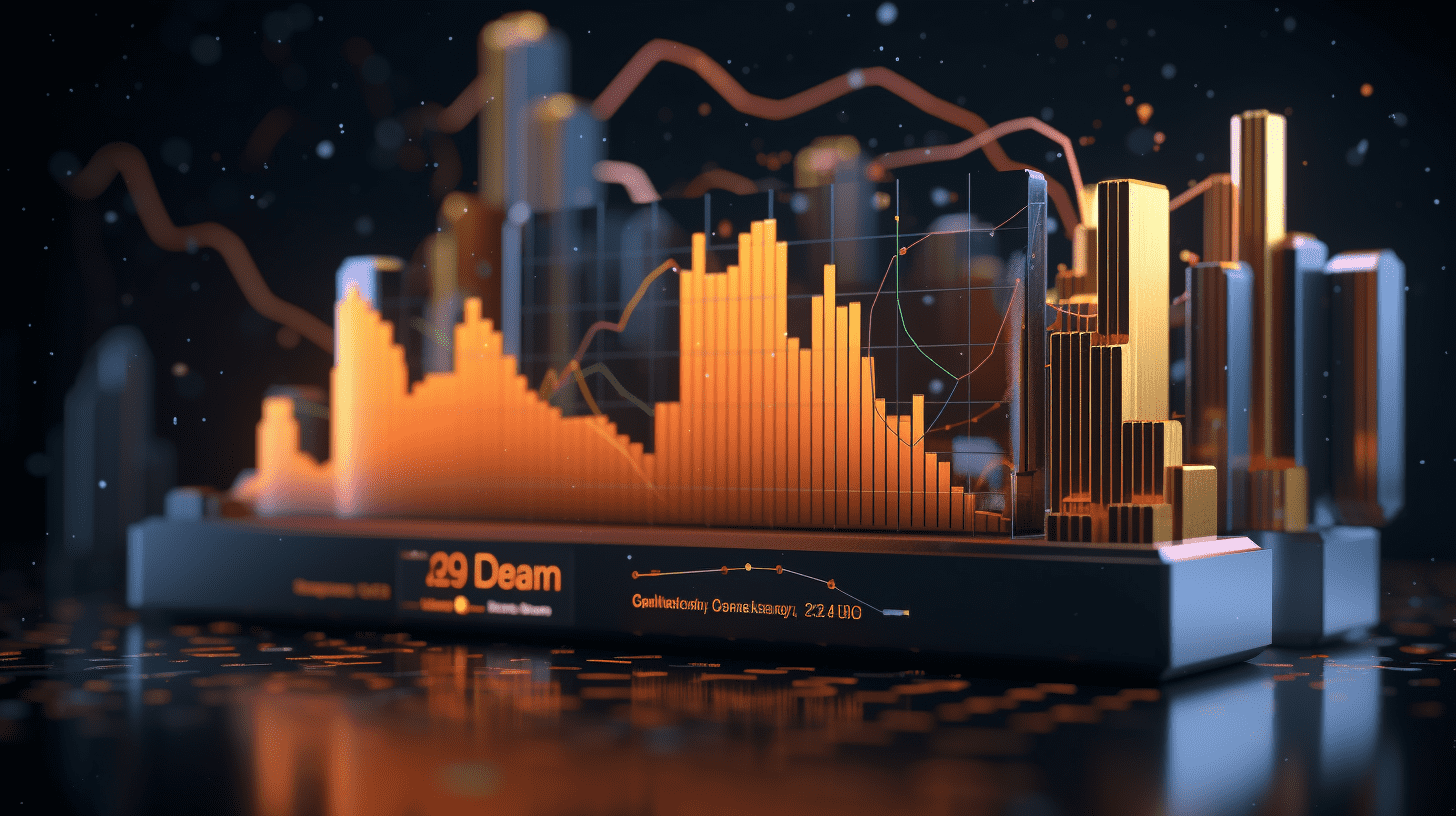
Wall Street Godfather: The United States may have already entered a declining stage, and the market has underestimated the extent of inflation.
On April 12th, Larry Fink, the CEO of BlackRock Group, known as the "Godfather of Wall Street," repeatedly mentioned during an interview with CNBC that even though the United States has not fallen into an economic recession yet, it may already be entering a recession phase. The market is still underestimating the potential extent of inflation. If all the tariff factors are taken into account, along with all these other issues, the combined impact will be significant.
Larry stated that this is neither a pandemic nor a financial crisis, but a problem created by ourselves. Like he said on Monday, the United States was a global stabilizing force after World War II. Now, it has become a global destabilizing factor, and it is really difficult to say such words because he has always been proud of taking a leadership role and promoting dialogue among all parties. However, more and more global customers, at least at the corporate level, are asking for outlook and opinions. They still want to cooperate and grow their businesses. So in the long run, he is not so worried about some of these issues. But in the short term, he is extremely fearful of some of these issues, really fearful.
The specific interview content is as follows:
Host: Will the US economy fall into a recession?
Larry: As I said in my speech at the New York Economic Club on Monday, I believe that even though the US has not yet fallen into a recession, it is very close. One possible situation is that many people are rushing to consume before prices rise significantly, such as lining up outside Apple stores to buy Apple phones. But I believe all this uncertainty is causing everyone to hesitate and wait and see. So I think people will slow down their consumption until the situation becomes clearer. And now we have set a 90-day pause on "reciprocal tariffs," meaning there will be more uncertainty and a higher level of uncertainty for a longer period.
Host: Okay, Larry, let's continue. I know there's some background noise here, but you just made a point that, obviously, you have also mentioned this issue. You see, we have been talking about uncertainty all the time, and many CEOs have mentioned it. I have heard similar statements many times, and it's a bit like the early days of the COVID-19 pandemic, going back five years. Everyone says "I have no idea what will happen next, I have no expectations," so they choose to bury their heads and work. Does this description of the situation make sense?
Larry: I don't think it's a good way to go because in this day and age, you need to face uncertainty and work hard to find solutions. Just burying your head and working, as a shareholder of any company, I don't want to hear the CEO giving that kind of response. I mean, for me, this is a time to look for opportunities. Because all our clients are facing uncertainty, we are now spending more time communicating with more global clients, more often than ever before. Our job now is to help clients calm down and provide them with advice. So if a CEO says to choose to bury your head and work...
Host: (Interrupting) I think it can indeed be described this way, but I think it is precisely this uncertainty that prevents people from making long-term plans in terms of capital allocation.
Larry: Undoubtedly, capital expenditures are now declining until you can understand more clearly where these capital expenditures should go. But as I said in my speech this morning, I firmly believe that those major trends still exist, whether it's AI, data centers, infrastructure, or the repositioning of the entire economy. So I think the forces of those major trends will not change because of what is happening now. However, the implementation of some of these trends may be delayed, or perhaps postponed for a longer time, but in the long run, I remain optimistic. Yes, we do need to readjust our strategies. And I do believe that even though the US has not yet fallen into an economic recession, it may already be entering a recession phase. I also believe that the market is still underestimating the potential extent of inflation. If you take into account all the tariff factors, along with all these other issues, the combined impact will be significant. I mean, I read in a report that if you only consider the impact of tariffs on housing construction costs, the average price of a newly built home could increase by as much as 26%. And we already have an affordability problem with housing.
Host: These situations don't sound good at all, and, by the way, all of this is self-inflicted, it didn't need to happen at all.
Larry: This is neither a pandemic nor a financial crisis but a problem we created ourselves. Like I said on Monday, the United States was a global stabilizing force after World War II. Now, we have become a global destabilizing factor, and it is really difficult to say such words because we have always been proud of taking a leadership role and promoting dialogue among all parties. But I have to say, more and more global customers, at least at the corporate level, are asking for our outlook and opinions. They still want to cooperate, still want to grow their business. So in the long run, I am not so worried about some of these issues. But in the short term, I am extremely fearful of some of these issues, really fearful.
Host: Speaking of "fear," you and I are not young anymore, do you remember Nixon's visit to China, opening the door to US-China relations; and those things about the US abandoning the gold standard? It was around the same time, and I think back then people were filled with great anxiety, worried about going in a bad direction. Did we really believe we could establish good relations with China back then? Did we really believe we could trade with China? The first year we did business with China was $1 billion, and quickly we reached $100 billion, now our trade volume is $438 billion. But now we are thinking about going back to zero. What impact will zeroing trade have on our country?
Larry: You know, we have spent more than 20 years building the supply chain system. You know, another economic DRIVE post-World War II was consumerism. So I.We have built the foundation of our entire economic policy around consumerism, providing Americans with the cheapest products possible. So that's a foundation. But has this come at a cost? Some of our communities have been severely damaged, and people have lost their jobs, that's for sure. So perhaps we have gone too far in the overall concept of consumerism."Bonjour, comment vas-tu aujourd'hui?"
"Hello, how are you today?"
RECOMMEND
©️2013 - 2025 GMT EIGHT Holdings. All Rights Reserved.
Contact: [email protected]


.png)